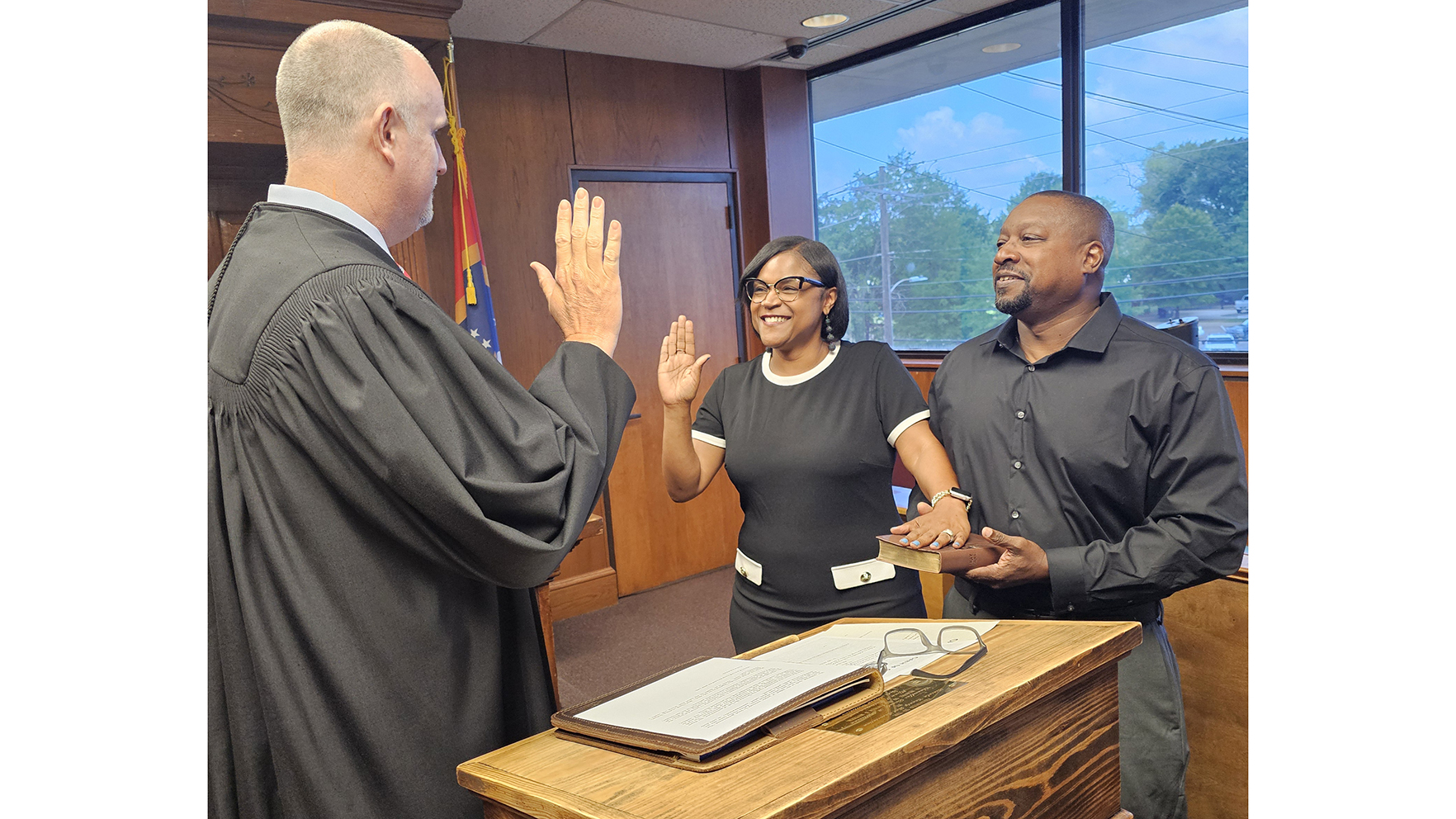Are Brookhaven city officials meeting in secret? Aldermen deny access to committee meeting; also skirting law by meeting in pairs to avoid quorum
Published 11:32 pm Friday, May 4, 2018
A trio of Brookhaven aldermen met behind closed doors this week in what a government transparency expert says may be a violation of open meetings laws, and one alderman’s comments indicate city leaders may be doing so habitually.
On Tuesday, a Brookhaven Board of Aldermen committee consisting of Ward 1 Alderman Dorsey Cameron, Ward 4 Alderman Jason Snider and Ward 6 Alderman Shelley Harrigill met in a small conference room in Mayor Joe Cox’s office to discuss a feasibility study for a proposed community center and swimming pool with city engineer Mike McKenzie and Elley Guild Hardy architect Taylor Claussen. A Daily Leader reporter, by chance, noticed the meeting in progress and asked to attend, but aldermen shut the door and McKenzie denied the newspaper’s admittance on their behalf.
“There’s a time and a place, but not today,” McKenzie said.
But the committee meeting should have been open to the public, according to state law, and notice that the meeting was taking place should have been posted beforehand. The city’s blackboard in the lobby of the Lincoln County-Brookhaven Government Complex — where notices of all special-called meetings are posted — made no mention of any committee meetings on that or any other day.
The committee was meeting in a special-called session. All members were present.
The Mississippi Open Meetings Act considers such a committee as a “public body” and “shall be open to the public at all times unless declared an executive session.” The law allows 14 specific exemptions that allow a meeting to be closed to the public. City officials did not cite any exemption to the law when they explained why the meeting was not open.
“You should be allowed to attend unless it is a personnel issue or some other exempt purpose,” said Leonard Van Slyke, a media and First Amendment attorney in Jackson. “They would need to start the meeting in an open fashion and vote on any exempt purpose.”
The newspaper tried to gather more information about the meeting, but officials offered no additional details.
“They’re not having an illegal meeting,” Cox said from the door of his office. “They do not have a quorum.”
When asked why the newspaper could not sit in on the meeting, Cox ignored the question and shut his office door. He did not respond to a phone call seeking additional comment.
When the meeting ended, Harrigill repeated Cox’s claim the meeting was legal because there was no quorum — the number of elected officials needed to make decisions on the city’s behalf. She referred further questions to McKenzie, who is neither elected nor a city employee.
“If it is a committee of the board, then there is a quorum of the committee,” Van Slyke said. All members of the committee were present.
Comments Harrigill made to The Daily Leader last month also raise concerns that city officials use their interpretation of quorum rules to avoid the open meetings law with regularity.
During an April 27 interview concerning the development of the city’s comprehensive plan, Harrigill told the newspaper aldermen met with planning consultant Slaughter & Associates in small groups to avoid having a quorum present.
“It was just two at a time, it was whoever could come in increments,” Harrigill said. “We met for probably 30, 45 minutes and they just kind of went over the different topics and the different things that needed to be updated.”
Just last year, the Mississippi Supreme Court unanimously ruled a government cannot set up meetings with less than a quorum of members present just to be free of the open meetings law. Justices upheld a Mississippi Ethics Commission ruling against the City of Columbus, saying the city’s meetings were set up with less than a quorum “with the express intent of circumventing the act.”
In 2014, the Columbus mayor and aldermen held several non-quorum meetings to discuss policy and development issues. The meetings were not announced in advance nor open to the public, and a reporter from The Commercial Dispatch was denied entry.
The Dispatch went on to win an ethics complaint against Columbus, which the city appealed to Lowndes County Chancery Court. When the chancery court upheld the newspaper’s complaint, the city went to the Supreme Court for its final reprimand.
State law requires government meetings to be open and available to the public so citizens may see how their government is performing. The Open Meetings Act begins with the declaration that openness in government is critical to “the fundamental philosophy of the American constitutional form of representative government.”
“An informed voting public is essential to maintaining a free society,” Van Slyke said.





